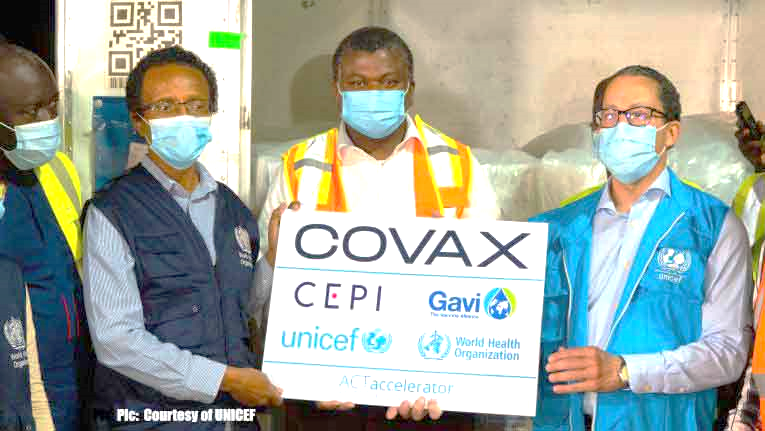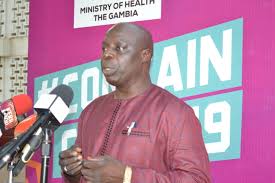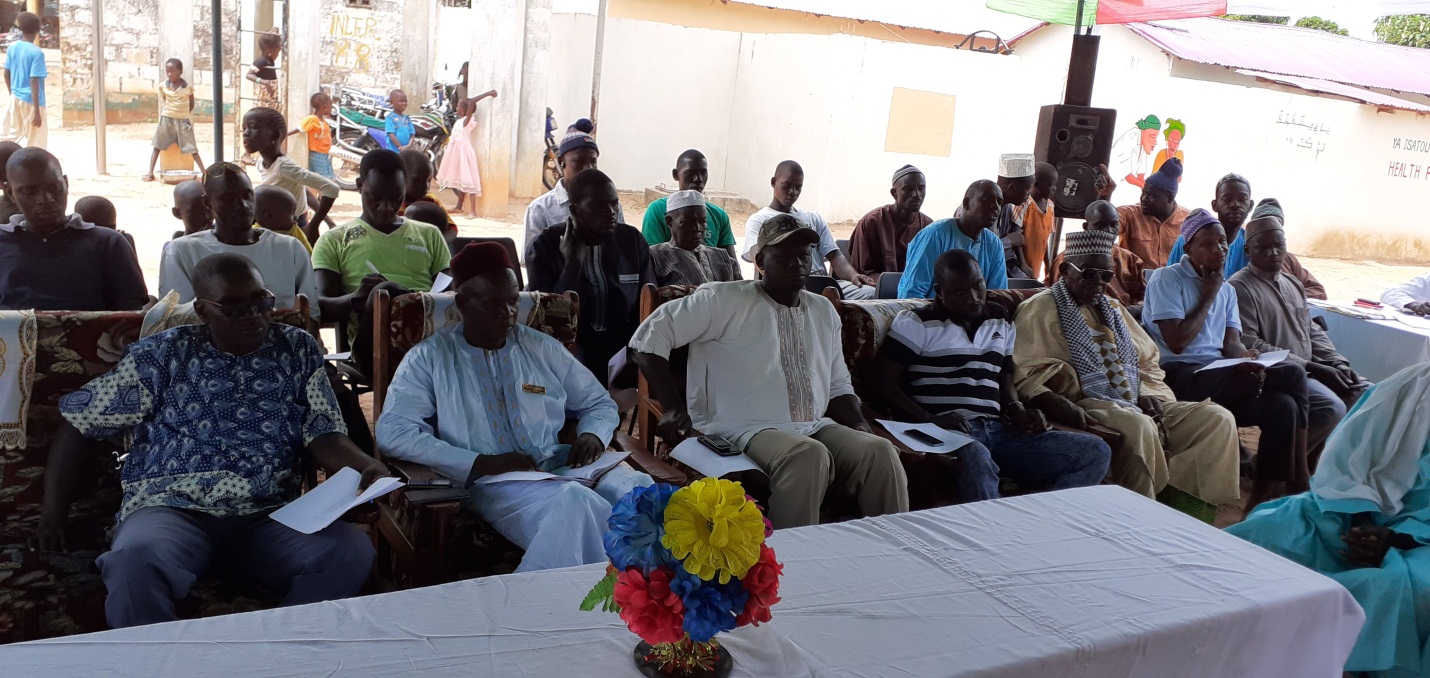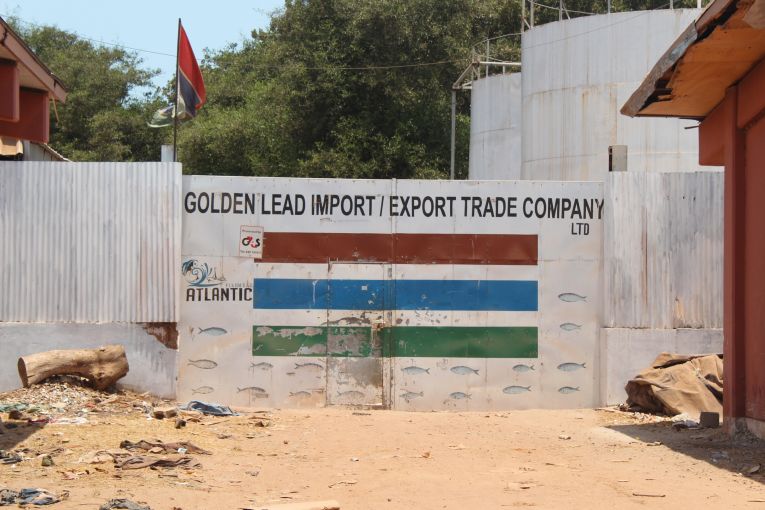By Yunus S Saliu
From Banjul city where the Gambia River enters the Atlantic Ocean to the Koina in the Upper River Region in The Gambia, when the first batch of the Covid-19 vaccine, AstraZeneca was received, the popular song in the lips of males and females was ‘no one can convince me to take the vaccine!’
But with the Ministry of Health and partners’ intensive Covid-19 vaccination campaign across the country in fulfillment of the Gambia government’s vision of scaling the vaccination coverage by end of the year 2022, gradually people were turning up to take the Covid-19 vaccine injection.
Vaccines Available
Amidst different circulated misinformation and disinformation about the Covid-19 vaccine, the Covid-19 AstraZenica been the first to be received in the country was administered to President Adama Barrow at the State House, on Wednesday 10th March 2022 while he officially launched the vaccination and encouraged everyone to go take the vaccine to prevent the spread and contact of the coronavirus pandemic, saying it is safe.
Presently, the vaccine available in the country included Johnson & Johnson, Pfizer, and Sinopharm all of which are, according to MoH, “safe and effective in preventing severe Covid-19 infection, hospitalization, and death.”
Many people that were adamant about vaccination are now getting familiar with it through outreach campaigns that have to update their knowledge to know that vaccines are meant to help save and promote healthier lives for people of all ages, especially life-threatening diseases.
Denial, misconception, and disinformation circulated through social media at beginning of the pandemic were among the things that cast doubt in minds of people with the thought that through the vaccine ‘they can insert a microchip in their bodies to control them or possibly to kill them.’
Doses Administered
However, with the fix and more and more outreach campaigns put in place by the Ministry of Health and its partners, between 5th March 2021 and 28th September 2022 a total of 625,060 numbers of doses have been administered in different regions across the Gambia.
As per The Gambia Covid-19 vaccination monitoring dashboard, among the seven regions vaccinated females top the list in each region as per the following: WR1: Male 107,617 – Female 112,958 total doses administered is 220,575; WR2: Male 43,108 -Female 53,610 total doses administered is 96,718; URR: Male 39,684 – Female 51,221 total doses administered 90,905; CRR: Male 30,973 – Female 50,546 total doses administered 81,519; NBWR: Male 18,287 – Female 29,499 total doses administered 47,786; LRR: 18,283 Male 30,494 total doses administered 48,777 and NBER: Male 14,904 – Female 23,876 total doses administered 38,780
Therefore, the total number of vaccinated male are 272,856, female is 352,204
Female Respond to Covid-19 Vaccine
“After a careful observation of people that took the vaccine for about four months, I was convinced that the information circulating about the vaccine is disinformation and misinformation this made me encourage my husband to let’s take the vaccine,” Amie Ngum a woman farmer and member of the Women Solicita Group in North Bank Region disclosed.
Although, she said she was not very much comfortable because she was vaccinated the same day with her husband, so, “I was thinking that should there be a case of any unexpected issue who will help each other. But throughout the day and beyond we are okay,” she disclosed what made her uncomfortable.
Ms Fatou Barry in her early 40s who works around the tourism development area (TDA) said she anticipated taking the jab when the first tranche of the AstraZeneca Covid-19 vaccine received in June 2021 was almost finished.
“When I heard that AstraZeneca was about to finish or no more available in some places like Serekunda hospital at Sandika, I roamed other places like Red Cross at West Field and the Central Medical Store at Kanifing before I was directed to Turntable in Brusubi but lucky to be among those vaccinated that day,” she expressed her experience to get the vaccine.
Ms Barry’s swift response to take the vaccine was due to her job and a press release from the Ministry of Tourism and Culture which urged stakeholders and everyone working around the TDA to get vaccinated to protect themselves and others.
Chaddy Baba, a petty trader said she was enticed to take the Covid-19 vaccine by a group of the outreach campaign teams who had visited the North Bank Region. They made “some of us women know the importance of vaccination, though, not only Covid-19 jab, but all vaccines roll out by the Ministry of Health and UNICEF,” she said.
Fatou Cessay, 55 and a civil servant said many women got vaccinated because of their role in society and the home, as mothers, educators, trainers, and providers even as breadwinners in some homes.
“Taking into consideration all these, women will do anything to protect themselves from whatever is considered as obstacles to them especially here (Gambia) where we have some women in charge of the house or being the breadwinners, probably because their husband is not around, or because of separation and so on. So they need to protect their health and their children. Women suffered a lot during the pandemic that’s why they go for the vaccine and encouraged their family to get vaccinated, too,” Ms. Ceesay mother of two explained.
However, as explained by a health officer, Buba Darboe, several factors contribute to the acceptance of Covid-19 vaccines, especially by women this includes safety and efficacy, dispelled of the rampant misinformation and disinformation surrounding it, series of ongoing MoH and partners outreach campaigns among others.
Communication and Social Mobilization
Scaling the vaccination coverage to 70% by end of this year, Aja Kandeh, the Communication Officer at the MoH explained that intensive tactful communication organised in reaching people included television, radio, and social media, caravan, community structures as well as developed messages, press releases and briefings that are conducted from time to time, borderline community vaccination all these with an ongoing community engagement, the orientation of school authorities and so on.
This story was produced with support from Journalists for Human Rights (JHR), through its Mobilizing Media in the Fight Against Covid-19 in partnership with Kaba Communication and The Voice newspaper.




